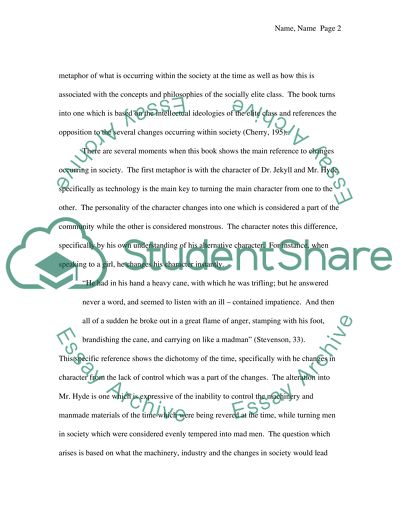Cite this document
(“'The reader does not have to be a deconstructionist to see that the Literature review”, n.d.)
Retrieved from https://studentshare.org/gender-sexual-studies/1417562-ychthe-reader-does-not-have-to-be-a
Retrieved from https://studentshare.org/gender-sexual-studies/1417562-ychthe-reader-does-not-have-to-be-a
('The Reader Does Not Have to Be a Deconstructionist to See That the Literature Review)
https://studentshare.org/gender-sexual-studies/1417562-ychthe-reader-does-not-have-to-be-a.
https://studentshare.org/gender-sexual-studies/1417562-ychthe-reader-does-not-have-to-be-a.
“'The Reader Does Not Have to Be a Deconstructionist to See That the Literature Review”, n.d. https://studentshare.org/gender-sexual-studies/1417562-ychthe-reader-does-not-have-to-be-a.


